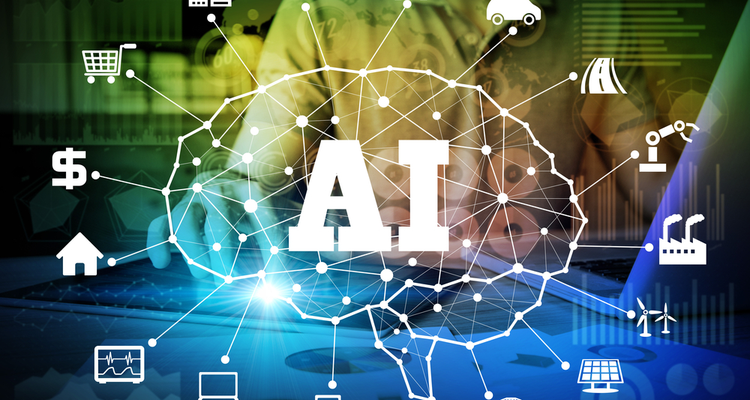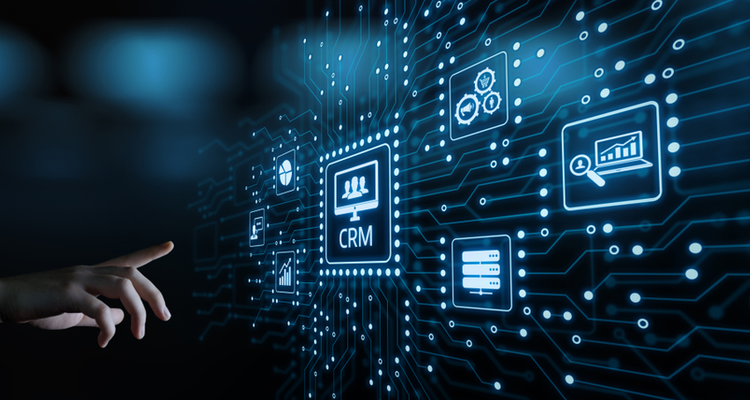Digitalization has only raised expectations for the personal touch in B2B sales.
As interactions become increasingly digital, it’s easy to assume B2B buyers won’t need that “personal touch” they get from a sales call or in-person visit much longer. However, this couldn’t be farther from the truth.
Gartner Future of Sales research shows that 33% of B2B buyers prefer not to engage with a salesperson during purchasing, which is well below the majority.
The truth is, 86% expect to have a trusted advisor relationship with their sales reps, 85% expect reps to understand their business deeply, and 85% consider their experience with a company as important as that company’s product or service, according to Salesforce research.
B2B buyers prefer more value in less time
B2B buyers want to interact with sales reps, but the Gartner data shows they typically only spend around 17% of their time interacting with a human throughout the purchasing process. This tells us that our salespeople must bring their A-game every time they engage with a customer. They need to make a big impression in a short span of time, and they must make the interaction meaningful on both sides. In other words, don’t waste your customers’ time. Data analytics and artificial intelligence are essential in helping the sales team personalize each customer interaction as it comes.
Forrester confirms the importance of keeping personalization and the personal touch front and center in sales, as well as in all other B2B channels, such as your website and marketing.
Reps should leverage data to understand customers better and make the most of the time they have for quality interaction. Many sales leaders are already investing in relevant, personalized content and technology to make data actionable, including software with functionality like real-time scripting, guided selling, and playbooks.
The key is combining top-of-the-line sales data analytics software with Customer Relationship Management (CRM) software that can take advantage of artificial intelligence (AI) and machine learning (ML).

How technology makes B2B selling personal
Today’s business technology makes it simpler and less resource-intensive to offer a more personalized experience in every sales channel. The focused approach you see in B2C services and products, such as website recommendations based on browsing behavior, is now more accessible and cost-effective for small- and mid-sized distributors. Your customers prefer this approach, not only on digital channels but also in their interactions with your sales team.
Sales enablement technology takes personalization beyond using a buyer’s name and purchase history. It pulls in behavioral data and trends from across your systems, removing silos so your data is unified. It then delivers insights based on patterns to your sales reps in real time, with suggestions that address concerns or reveal opportunities. As a result, your customers will experience relevant, meaningful interactions that feel more personal and less transactional.
For example, an AI-based tool can alert your sales team that a customer is spending less. A rep can reach out to personally address the situation from a point of empathy, showing that the customer is important to the company. While on the phone, the rep can see the customer’s profile, as well as talking points and recommendations. They’ll be better able to sell smart, faster, and more effectively with relevant, personalized conversations.
Further, sales enablement tools help reduce time-consuming administrative tasks that otherwise occupy reps and other team members. Automation and AI take care of data entry, data collection, reporting, and more, so reps can focus on providing individualized attention.
A personalization game plan for distributors
Understand your customers
Collect every ounce of data you have on your customers to learn who they are and what they need today. Resources include sales history, frontline employees who interact with customers, your marketing team’s market research and data, and direct conversations with and feedback from customers. If you already have CRM and sales enablement software in place, it will make your data collection efforts simpler. What is the data telling you about what you’re providing versus what customers actually want and expect?

Walk in your customers’ shoes.
Map out your customers’ journeys for your top customers. Focus on this core group, as opposed to analyzing all customers. From the moment they first encounter you to the moment they become a customer and beyond, what does their experience look like? Are there hitches along the way? How can you improve the customer journey by group or type?
Leverage technology that makes personalization simple
Get beyond manual data entry, spreadsheets, and patching reports together from multiple systems’ data to pull all of this data together. Software that leverages AI, automation, and machine learning can handle the massive amounts of data distributors collect to give your salespeople the edge they need to sell smarter and add the personal touch when it adds value.
Prepare your sales teams for success.
Any new strategy or technology demands training and change management. Encouraging your sales team to adopt supporting technology – to see it as a revenue enabler and not a tracking tool – takes effort. If your people don’t see the value, your strategy will be less effective. Fortunately, sales technology platforms designed for today’s distribution sales teams are intuitive, and with the right support, your reps will be able to hit the ground running from day one.
Connection matters
B2B customers prefer a personalized experience. They’ve been getting one in their personal life, and it is possible to give them one at work, both in person and through digital channels.
A great CRM and sales enablement technology gives your sales reps superhuman capabilities, delivering insights you can use to customize your approach without a large investment or additional staff. Each touchpoint can be more meaningful. Your customers, existing and incoming, are sure to notice.
Kevin McGirl is the president and co-founder of sales-i, a leading provider of sales enablement technology.
This article was originally published in Industrial Distribution.




.png?width=1080&name=Want%20to%20find%20out%20more%20about%20how%20sales-i%20can%20mix%20your%20hard%20and%20soft%20data%20together%20(2).png)